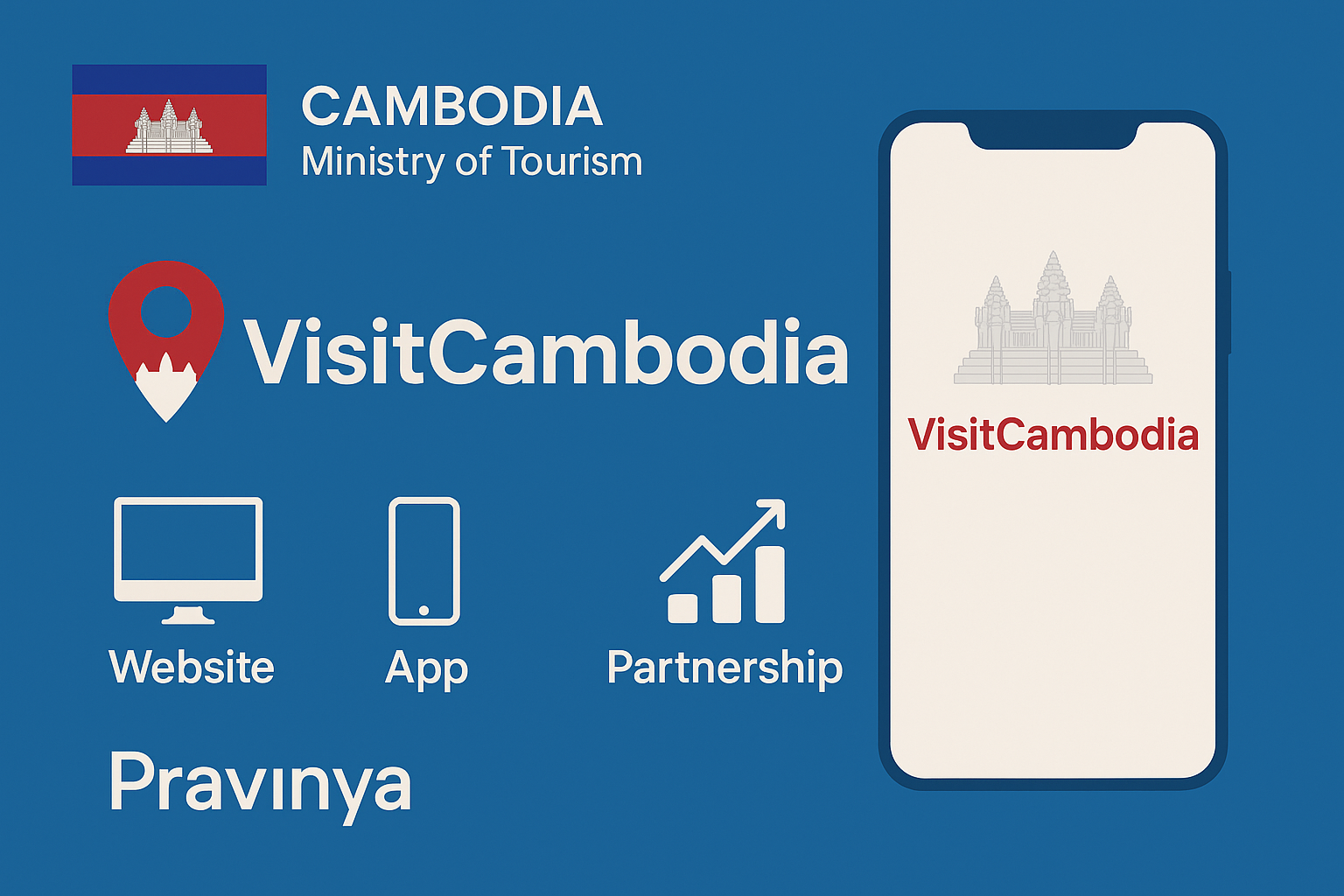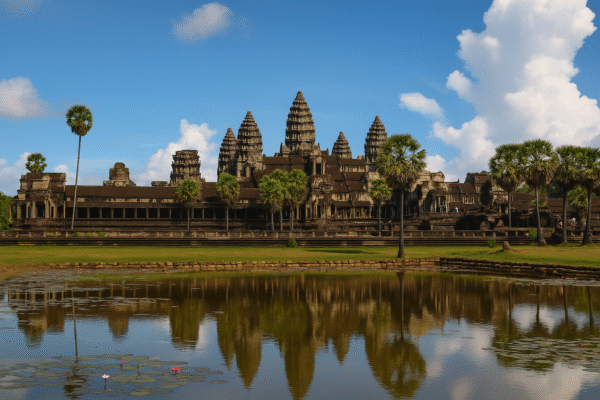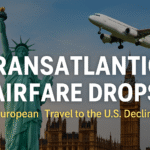June 2025 – Brasília | Baku
Brazil and Azerbaijan are preparing to join a growing list of nations turning to casino tourism as a strategic lever for economic diversification and tourism growth. Following the proven success stories of the United States, Singapore, Thailand, South Africa, Cyprus, and the Netherlands, both countries are drafting legislation to legalize and regulate gaming zones, aiming to attract high-value international visitors and increase government revenue.
As the global casino tourism market surges past $580 billion in 2024, the move represents a calculated response to growing international competition and a shift in consumer demand for integrated resort experiences that blend gaming with luxury hospitality, entertainment, and culture.
Brazil’s Casino Push: Reinventing Its Tourism Industry
Brazil, long celebrated for its beaches, carnivals, and football culture, is now planning a bold reimagining of its tourism sector by legalizing casino resorts for the first time in decades. Legislation is underway to introduce integrated resort casinos in cities like Rio de Janeiro, São Paulo, and Brasília, as well as potential tourist hubs such as Foz do Iguaçu and Manaus in the Amazon.
These resorts are not intended to be standalone casinos. Instead, they would serve as economic anchors that incorporate:
- Luxury hotels
- Convention centers
- Fine dining and entertainment venues
- Retail zones and performance spaces
The government believes casino tourism could generate foreign direct investment, create tens of thousands of jobs, and elevate Brazil as a premium South American tourism destination—helping it compete with established gaming markets in Uruguay, Argentina, and the Caribbean.
Azerbaijan Targets the Caspian for Casino Development
Across the Atlantic, Azerbaijan is developing a parallel strategy. With a rising tourism sector and an economy seeking alternatives to oil dependency, the Azerbaijani government is drafting a proposal to legalize regulated casino zones. The flagship project may be launched in Sea Breeze, an artificial tourism development near Baku.
Azerbaijan’s goal is twofold:
- Reverse capital flight—as thousands of Azerbaijani citizens travel to Georgia and Kazakhstan each year to gamble.
- Attract high-net-worth tourists from Russia, Turkey, Iran, the Gulf States, and Central Asia.
Officials propose a high-bar licensing system, with casino permits expected to cost over 340,000 manats ($200,000 USD) annually. The licenses will be exclusive, allowing only global-standard operators with a track record in premium tourism development.
Global Models That Inspire: From Vegas to Singapore
Brazil and Azerbaijan aren’t starting from scratch. They’re borrowing from global casino tourism pioneers:
- United States: Las Vegas remains the world’s top casino destination, generating over $70 billion annually and anchoring an ecosystem of shows, shopping, nightlife, and conventions.
- Singapore: Home to Marina Bay Sands and Resorts World Sentosa, the city-state’s model of tightly regulated, high-end integrated resorts has become the gold standard, attracting global tourists and business travelers alike.
- Thailand: Now finalizing legalization of casinos in Bangkok, Phuket, and Pattaya, the Thai government forecasts up to $9.1 billion in annual gaming revenue, further diversifying its tourism product.
These examples highlight how casinos can become more than gambling halls—they act as economic catalysts that support wider investment in transportation, retail, real estate, and cultural tourism.
South Africa and Cyprus: Regional Powerhouses with a Strategic Edge
South Africa and Cyprus demonstrate that casino tourism works outside the traditional gaming hotspots:
- South Africa: Known for Sun City and the Rio Casino Resort, the country integrates casino travel with safaris, golf, and spa experiences—generating jobs in rural areas while enforcing tight regulation.
- Cyprus: In 2023, the country launched City of Dreams Mediterranean, a $550 million integrated resort in Limassol, which has become a year-round draw for European, Middle Eastern, and North African travelers.
These successes show that seasonal tourism markets can be transformed by adding a high-end casino offering tied to broader destination branding.
Netherlands: Urban Boutique Casino Strategy
The Netherlands has chosen a more urban, controlled casino approach through its Holland Casino locations in Amsterdam, Rotterdam, and Utrecht. These venues are embedded within city entertainment zones and align with the country’s cultural and nightlife offerings. Rather than sprawling resorts, the focus is on boutique, regulated casinos that complement the local urban vibe.
This strategy proves that small nations with space constraints can still benefit from casino tourism, provided it is tailored to the local context and community values.
Why Casino Tourism Is Booming in 2025
The global casino market, valued at $580 billion in 2024, is forecast to hit $745 billion by 2028, according to the Global Casino Market Research Report. The appeal of casinos lies not only in gaming but in their ability to:
- Drive year-round tourism
- Stabilize seasonal travel markets
- Increase foreign direct investment
- Create thousands of direct and indirect jobs
- Support sectors like real estate, transport, and hospitality
For nations like Brazil and Azerbaijan, launching into the casino tourism space is as much about economic strategy as it is about attracting wealthy tourists.
The Path Ahead: Balancing Opportunity and Oversight
Both Brazil and Azerbaijan have signaled their intent to tightly regulate the industry. From licensing fees and location zoning to player protection and transparency, these governments are keen to avoid the social consequences associated with unregulated gambling.
Strong regulation will be critical to long-term success. Experts agree that casino tourism thrives best where oversight, community integration, and responsible gaming practices go hand-in-hand.
Conclusion: Brazil and Azerbaijan Step Into the Global Casino Arena
Casino tourism is no longer a niche experiment—it’s a mainstream economic development tool. As Brazil and Azerbaijan prepare to enter the global gaming arena, they do so with strong benchmarks, strategic intent, and the backing of successful global precedents.
For more travel news like this, keep reading Global Travel Wire

















